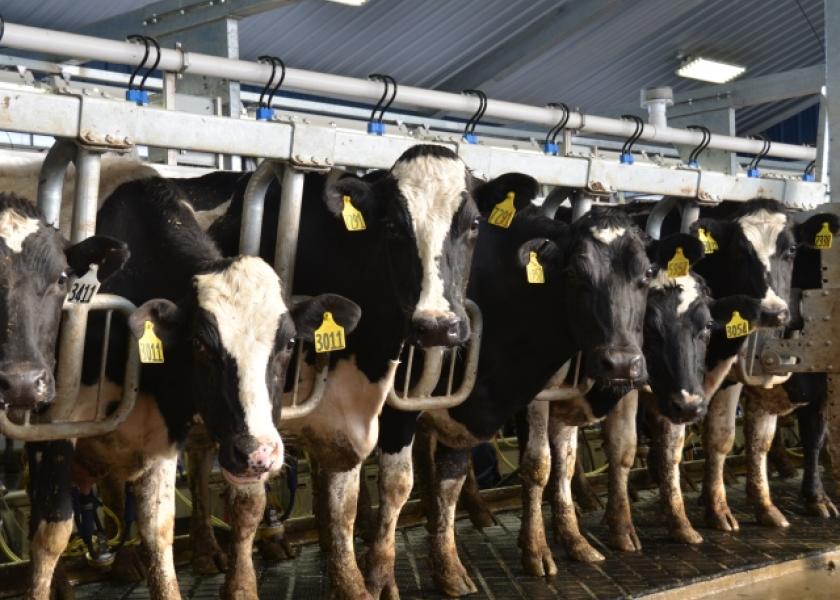Help Reduce Stress at Dry Off

The dry period is a time to allow a cow to rest and prepare herself for the next lactation. However, the drying off process can be incredibly stressful for the animal. In a perfect world, producers would gradually dry off a cow by reducing milking frequency leading up to dry off. While this might be viewed as the gold standard, it’s not always a reality for most dairy producers.
According to Curtis Vliestra, DVM and Sr. Professional Services Veterinarian at Boehringer Ingelheim, more than 80% of producers choose to dry animals off abruptly because it better fits their time restraints. Doing so, however, not only impacts cow comfort, but animal welfare as well.
“It would be fantastic if we could just shut the tap off, but unfortunately it doesn’t work that way,” Vliestra says. “Think of it as kinking off a garden hose. As you kink it off, that pressure remains and builds up. So that milk retention can lead to udder engorgement, which can be painful especially for higher producing cows. So, it becomes a challenge to keep them comfortable.”
Another problem with abrupt dry offs is milk leakage, Vliestra notes.
“The increase in pressure in the udder can often lead to milk leakage, which has a direct impact on that cow’s milk quality and udder health,” Vliestra says. “Leakage delays the formation of the animal’s natural plug, which can allow bacteria to creep in and cause mastitis during the dry period and into the next lactation.
To help reduce udder pressure, discomfort, and leakage, Vliestra suggests taking a different approach to drying cows off. By utilizing an oral supplement high in anionic salts, ammonium chloride, calcium chloride and calcium sulphate, a mild form of acidosis will begin to set in, leading to a natural decrease in milk production.
“The two main reasons we want to acidify a cow at dry off directly impacts glucose uptake in the udder,” Vliestra says. “If there’s less glucose taken up in the udder, there’s less glucose that’s going to be potentially converted into lactose. Once there’s no lactose, the cow is directly stimulated to shut off milk production. Secondarily, when we acidify cows, there’s a transient suppression of appetite.”
By lowering glucose levels and suppressing the animal’s appetite, milk production quickly begins to slow. This can be especially useful when drying off high producing cows.
“Higher producing cows are going to leak more milk. That’s just a scientific fact,” Vliestra notes. “The more a cow leaks, the higher her chances of getting mastitis during the dry period are, as well as also getting mastitis during the subsequent lactation. Anything that we can do to reduce milk leakage is going to have a direct impact on that cow’s milk quality and udder health going forward.”
Instead of abruptly drying animal’s off, this oral supplement approach has been shown to improve animal welfare, reduce milk leakage and lower stress experienced by both the animal and producer.







